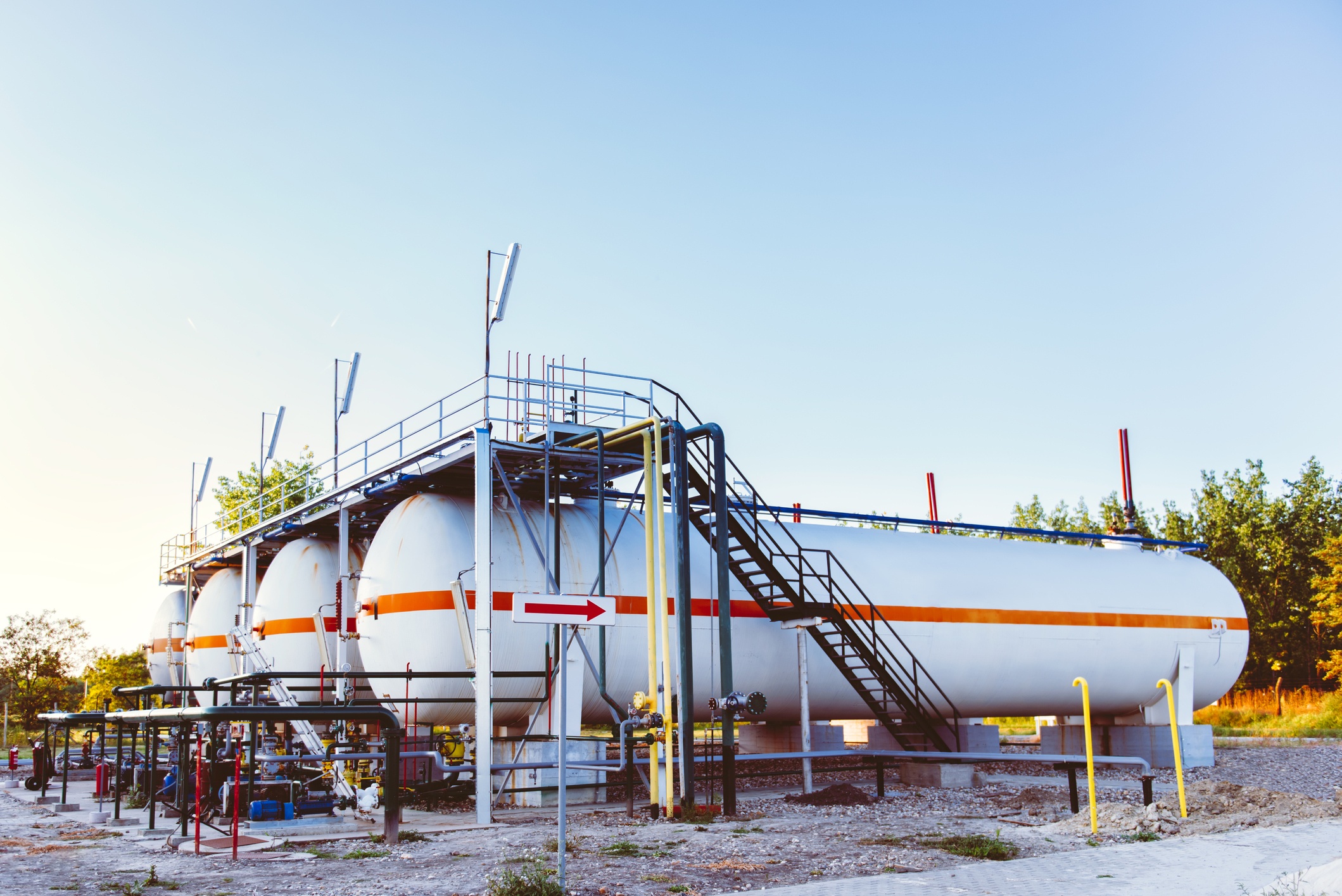One-Size Fits All vs One-Stop Shop
Implementing a fully integrated fleet management system that answers the challenges of a vast diversity of industries and companies needing them is realizable when the supplier builds its system on these strong values: flexibility, adaptability, scalability, and user-focused functionality. Most companies’ needs vary beyond what combination of equipment and assets they own; they include the very human factors of management styles, objectives, and visions. In reality, one-size-fits-all solutions often fail because no two fleets are exactly alike. Your ideal fleet management solution must be built on an equal understanding of the equipment used and the people using them: the fleet managers and equipment users.
Here are a few critical needs our clients have identified in their industries:
Government, Public Works, and Construction:
- Automated tracking and control of stationary fleet fueling facilities, mobile fuel tanks & deliveries, and remote tanks & generators,
- Maintenance bay management
- Yard access/gates &doors control
Mining:
- Tracking fuel during transportation
- Recording & managing fuel drops at mine sites
- Remote generator management, including real-time capture of fuel tank levels
- Controlling and tracking fueling transactions at fixed and mobile tanks
- Managing maintenance of various vehicles and equipment (maintenance plans, work orders, parts, labor, etc.)
- Access control (gates, doors, etc.)
Oil & gas:
- Automatic, real-time tracking of fuel in transit
- Automatic, real-time tracking of fuel drops
- Management and control of fleet fueling facilities, fuel depots, mobile tanks, pumps, remote tanks, and remote generators
- Maintenance bay management
Public Transit:
- Automatically manage the distribution of fuel and other fluids at all maintenance bays
- Automatically manage inspection bays and lube bays
- Manage the maintenance of vehicles and equipment (work orders, recalls, parts & labor, warranty tracking, etc.)
- Track buses and passenger count in real-time
- Control access to facilities and buildings
Private fleets:
- Automatic fuel management
- Maintenance & work order management
- Vehicle tracking and driver’s logs
- Automatic access control (gates, doors, etc.)
How Can We All Come Together?
While there are some differences across industries, the two points remain consistent: the data collected must be automatic, real-time, and accurate, and the ability to pull reports on the data must be flexible to the needs of the individual company. Whether operating a refinery, or fuel depot, transporting fuel, or providing mobile services in any industry, the cost of fuel, labor, and maintenance are among the highest, and, more importantly, these activities are operationally critical. They need to be managed accurately with full accountability. It has been a major challenge for fleeted organizations in any industry to manage their operations with technologies incapable of providing automated, seamless, and integrated solutions.










